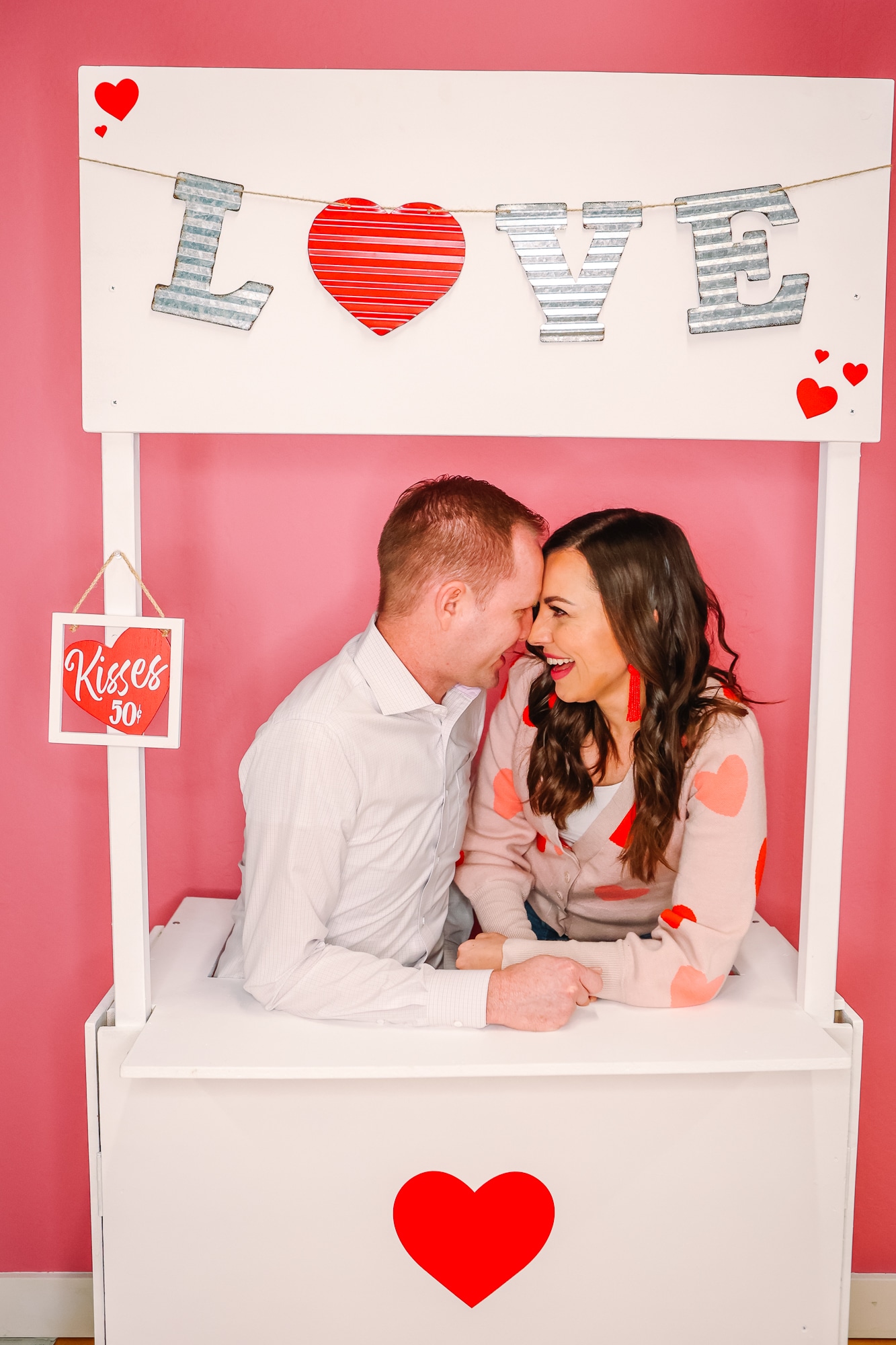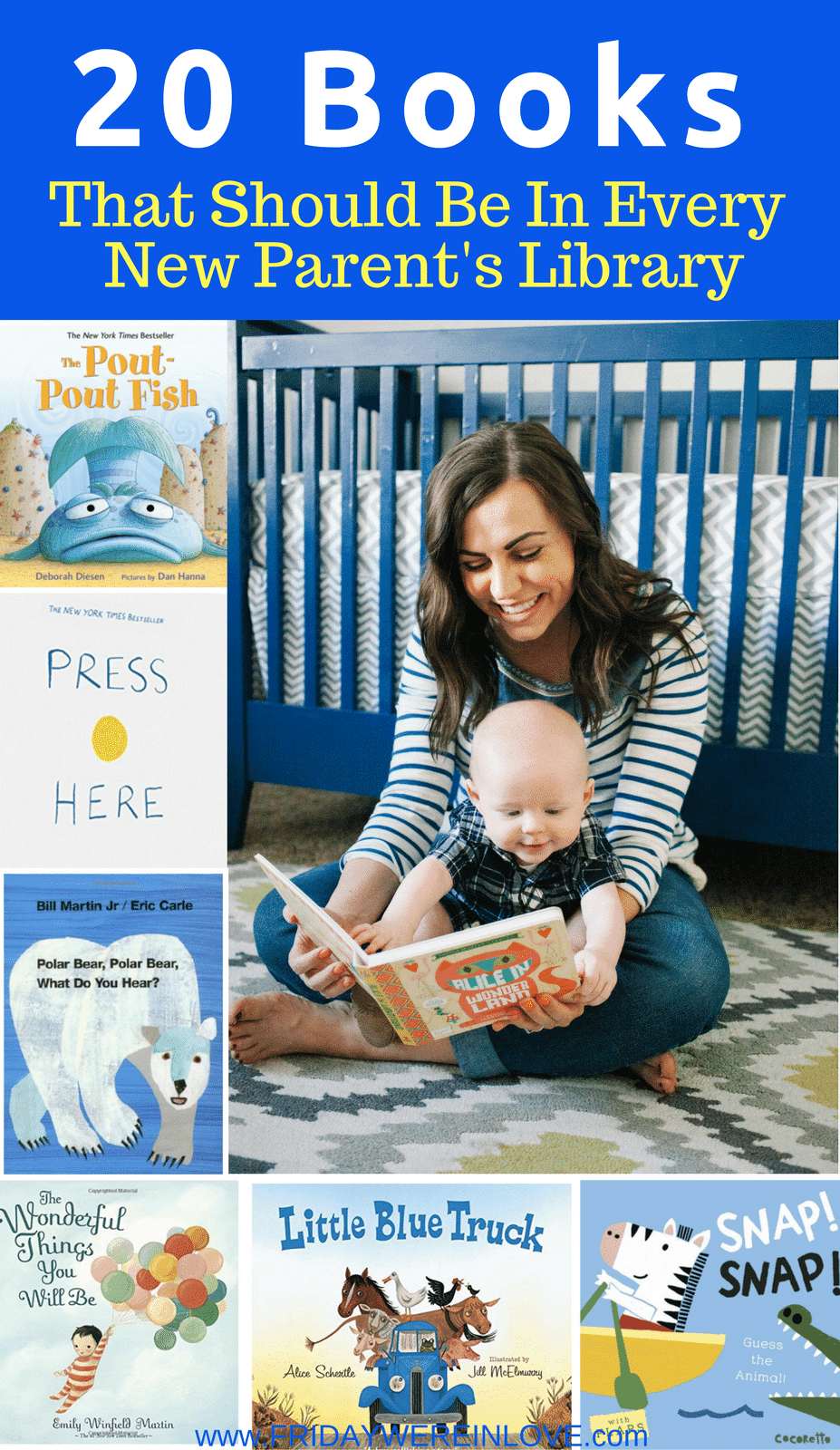10 Ways to Have a Better Conversation
Communication is everything, particularly in a relationship! Follow these 10 ways to have a better conversation to improve communication.
One of the biggest relationship hurdles is communication. It seems to make or break most couples! But that doesn’t meant if you’re struggling you can’t improve. It also means if you’re doing pretty well, there’s always room for improvement!
We want you to feel on the same page as your partner, which is why we’re sharing 10 ways to have a better conversation. But even if you’re not in a relationship, these conversation skills are crucial to friends, family, work, and anyone you communicate with!
10 Ways to Have a Better Conversation
-
Avoid Distractions and Multitasking
If possible, talk in person, and give the other part your full attention. This is a good time to make eye contact. It’s also a moment to stop other tasks and give your undivided attention.
-
Put Down Your Phones
This falls in line with number one, but deserves its own point! Even if you’re trying to show a fact or look something up, it’s best to just paraphrase and keep the phone down. Nothing kills connection like one party distracted by their phone.
Even if it’s unintentional, phones have a way of beeping, notifying, and providing an easy way to lose touch with a conversation. Just turn them off, and put them down or even in another room! -
Practice Active Listening
Active listening includes a few simple practices. Keep your eyes on the person speaking. Acknowledge what they say. Ask follow-up questions. Restate what you think you understood. Essentially, this may be the most important part of the 10 ways to have a better conversation. Be all in, and listen with the intent to make the conversation better and your partner heard.

-
Seek First to Understand, Then to Be Understood
Stephen Covey coined this phrase in The 7 Habits of Highly Effective People. Essentially, your job is to hear and understand the other person before you make yourself known. When you’re having a conversation, invite the other person to speak first. Make sure you hear them out and they feel understood before you chime in.
-
Give Equal Time to Talk
Doesn’t every relationship have a party that likes to talk more than the other? I know my husband listens to me a lot more than I spend time listening to him. But truly, if you’re having an actual conversation, it’s time to give equal time to talk. Don’t spend the time talking at someone. Make sure you’re both given the time, space, and respect to speak and share.
-
Use I Statements Instead of You Statements
Particularly when there’s a conflict or concern, you’ll want to frame everything with “I” statements. For example, “I am feeling ignored” has a far more approachable vibe than “YOU ignore me!” As you discuss experiences and concerns, frame it with your own thoughts and feelings. Give reasons why. This will take your conversations to a much more reasonable level and help you better understand one another.

-
Watch Your Body Language
There are many resources that say 55% of communication non-verbal. Make sure your body language aligns to active listening and speaks what your mouth and intentions are trying to say.
-
Clarify and Ask for Clarification
Feel free to reiterate what you think they’re saying. Ask if you understood correctly. If there’s something you didn’t understand or would like more detail on, ask for clarification. This is the single greatest way to make sure you’re on the same page and understood.
-
Keep Your Emotions in Check
I’m team share emotions all the way, but sometimes in conversations, you need to keep them in check. A conversation isn’t the place to lash out with anger or turn all the attention to yourself with a strong display of emotion. Definitely laugh, it’s fine to cry, but just keep in mind this is a two-way conversation and emotions should be in check.
-
Don’t Offer Unsolicited Advice
My husband learned early in our marriage to ask “Do you want me to just listen, empathize, or help offer solutions?”
I love that question! Sometimes we just need someone to hear us out. Sometimes we want to feel validated. And of course, there are times we’re seeking opinions and ideas for solutions. Don’t be afraid to ask! And also don’t be afraid to hold back and avoid that unsolicited advice.
There are definitely more than 10 tips for better communication, but we hope these help you have more meaningful conversations and connections!







